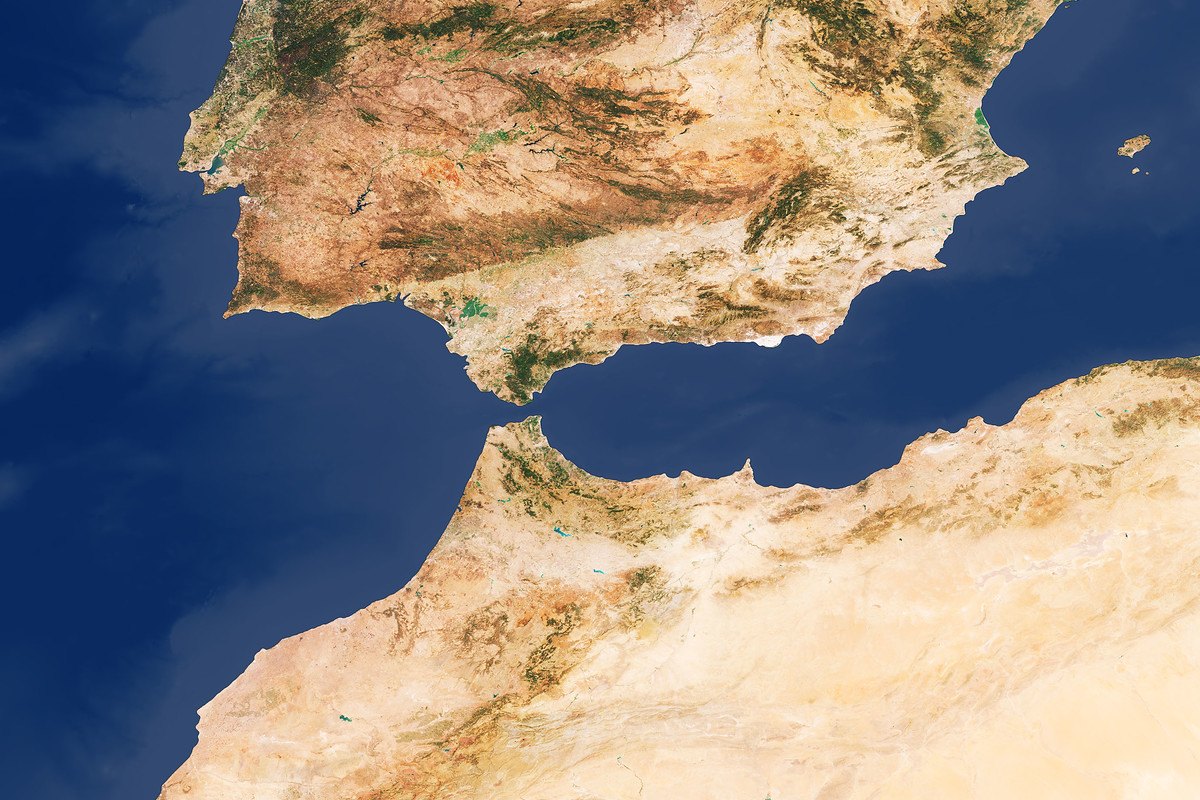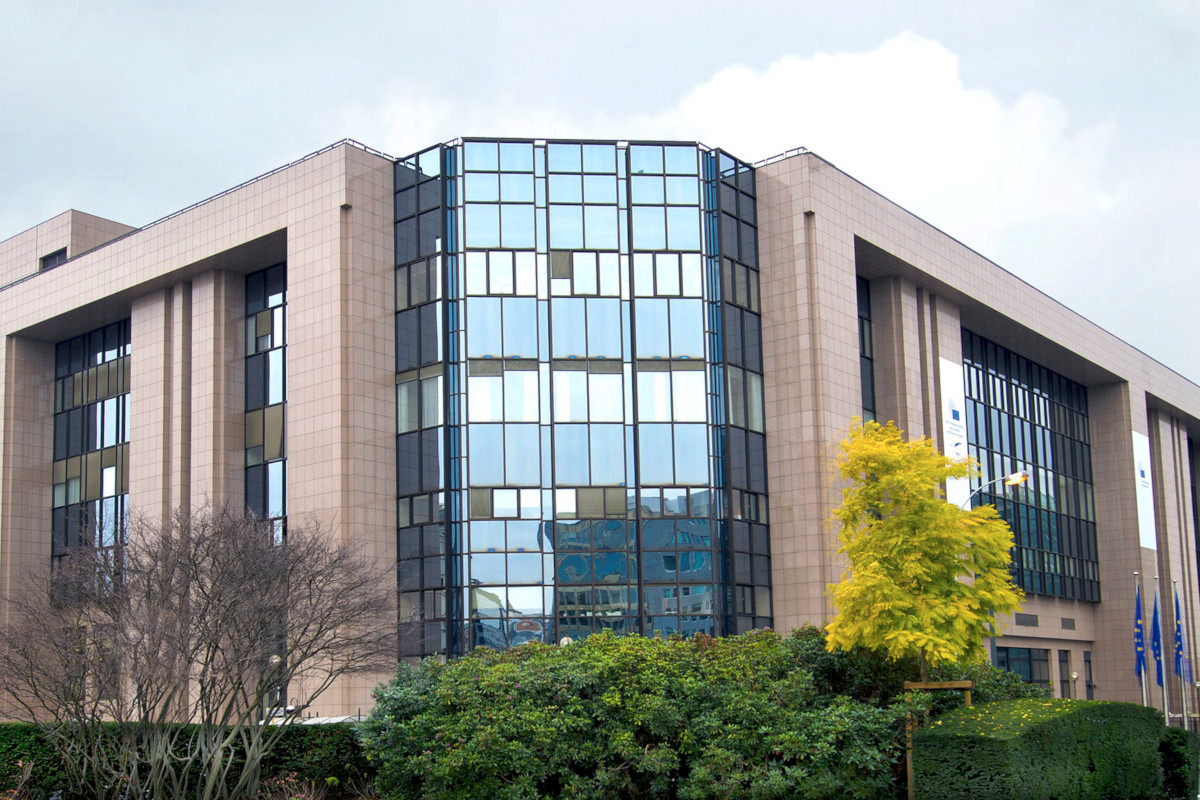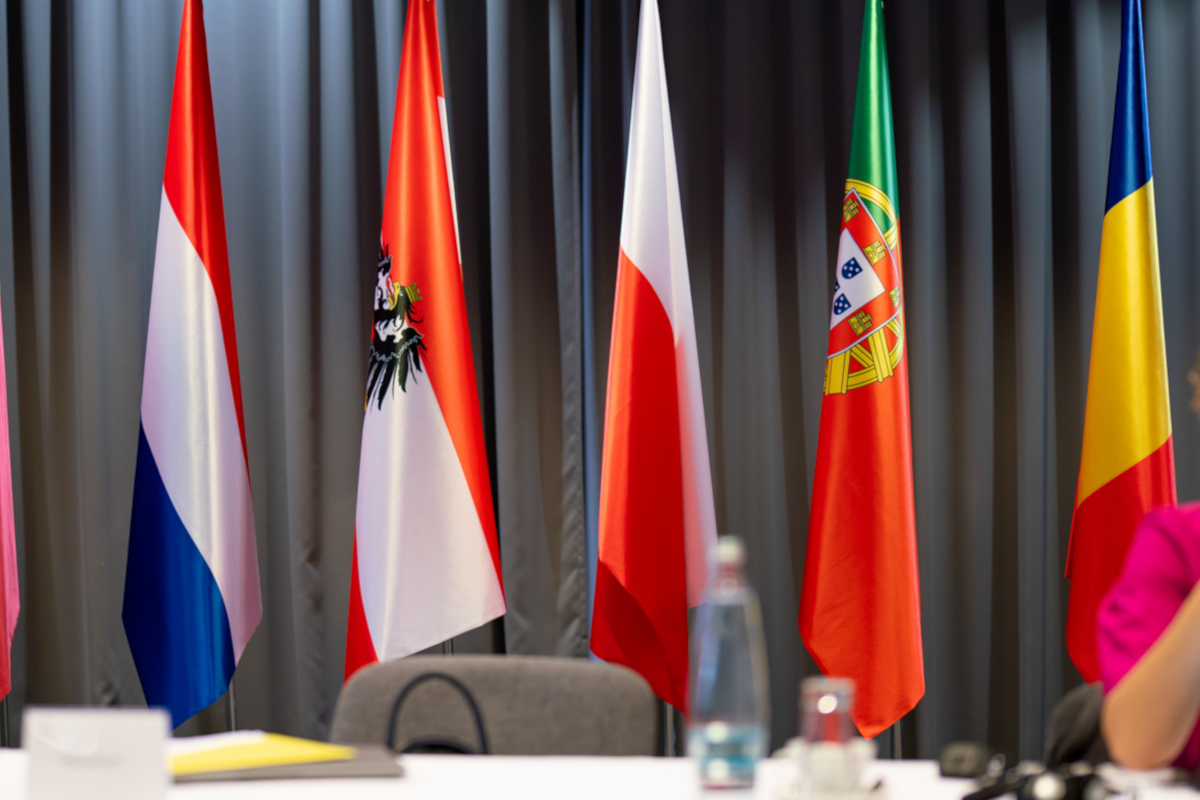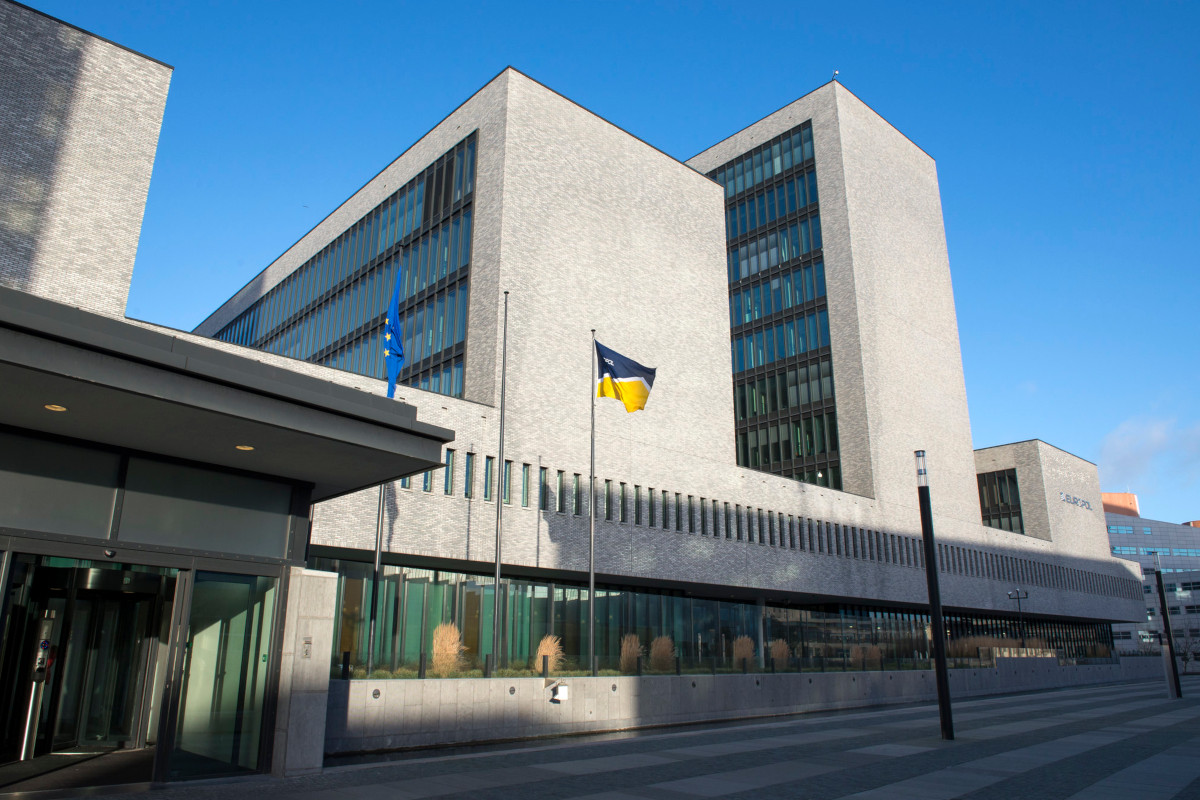October

Tracking the Pact: EU seeks to seal off Balkan Route with expanded Frontex deployments
The European Commission wants to launch negotiations with Serbia, Montenegro, Bosnia and Albania so that EU border agency Frontex can extend its zone of operations. Currently, Frontex operations in those states can only take place at the borders they share with EU member states, in accordance with the 2016 Frontex Regulation. Upgrading the EU's agreements with the Balkan states to take into account the powers granted to Frontex by the 2019 Regulation will make it possible to deploy EU border guards at non-EU borders - for example, between Bosnia and Serbia, or between Serbia and Montenegro. An agreement with North Macedonia has already been signed. The aim is to halt the irregular movement of people through the Balkans towards "core" EU member states.

EU: Anti-encryption Regulation: Presidency compromise proposals for Chapter I and Chapter III
Negotiations are proceedings on the EU's proposed Regulation laying down rules to prevent and combat child sexual abuse, which will oblige communications service providers to undermine encryption and use unproven automated detection technologies in the hope of detecting online child abuse imagery. In mid-October, the Czech Presidency of the Council circulated compromise proposals on Chapter III, dealing with supervision, enforcement and cooperation. Two weeks later, proposals on Chapter I (general provisions) followed. They are published here.

Council agrees to "intensify police checks related to illegal immigration across the entire territory"
At a meeting of the 'Schengen Council' on 14 October, interior ministers agreed to a number of recommendations on "the migration situation" supposed to address "the current challenging situation at the external borders". Those recommendations have not, until now, been made public.

Spanish government approves another €30 million for migration control in Morocco
On Tuesday last week Spain's Council of Ministers approved sending another €30 million to the Moroccan authorities for migration control purposes, the fourth such financial aid package since 2019, according to an article in Spanish newspaper Público.

'Voluntary Solidarity Platform' for relocating refugees failing to meet targets
On 22 September the European Commission hosted a meeting on the "Voluntary Solidarity Mechanism" (VSM), the latest ad-hoc system set up to relocate refugees from the EU's Mediterranean member states to other member states. It appears that the speed of transfers is not as quick as is hoped, with the conclusions noting that it is "crucial that all Member State initiate to implement the pledges," with the need for "a higher pace of transfers already ahead of the December Council meeting."

Council of the EU discussing migration and security on the 'Silk Route' and Prague Process action plan
The growth of EU policy-making on the "external dimension of migration" shows no sign of abating. Two recent documents, published here, cover "migration and security challenges on the Silk Route" and a Ministerial Declaration and the 2023-27 Action Plan for the Prague Process.

EU: Czech Council Presidency wants "substantial" increase in deportations
The EU should "substantially" increase the number of deportations, the Czech Presidency of the Council has proposed, in a document that sets out four "priority actions in the external dimension" of migration. The Presidency also wants to pressure Serbia to change its visa policy; fight the "instrumentalisation of migration" by non-EU states; and step up the work of information-gathering networks to improve "monitoring of newly emerging trends and the related-early warning activities".

Joint statement: End arbitrary detention and forcible deportation of Eritrean asylum seekers in Egypt
The Egyptian government has been arbitrarily detaining Eritrean asylum-seekers and plans to forcibly remove them to Eritrea. Numerous other rights violations have been documented. A international joint statement organised by Refugee Platform in Egypt and signed by over 30 groups, including Statewatch, condemns the actions of the Egyptian government.

EU: Discussion on encryption ponders "retention of vulnerabilities and exploitation by the authorities"
At a recent event hosted by Europol's Innovation Hub, participants discussed questions relating to encrypted data and the ability of law enforcement authorities to access digital information. One issue raised was a possible "EU Vulnerability Management Policy for Internal Security," which could allow for "temporary retention of vulnerabilities and their exploitation by the relevant authorities." In effect, this would mean identifying weaknesses in software and, rather than informing the software developers of the problem, exploiting it for law enforcement purposes.
Spotted an error? If you've spotted a problem with this page, just click once to let us know.